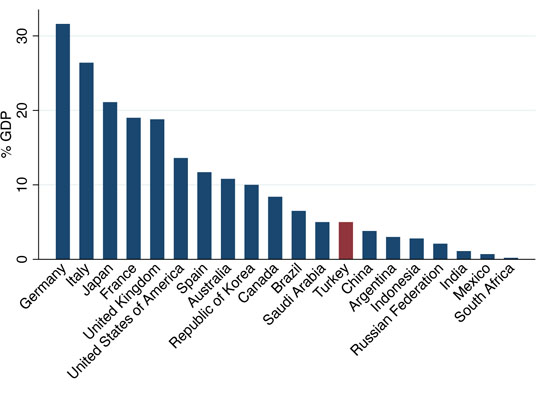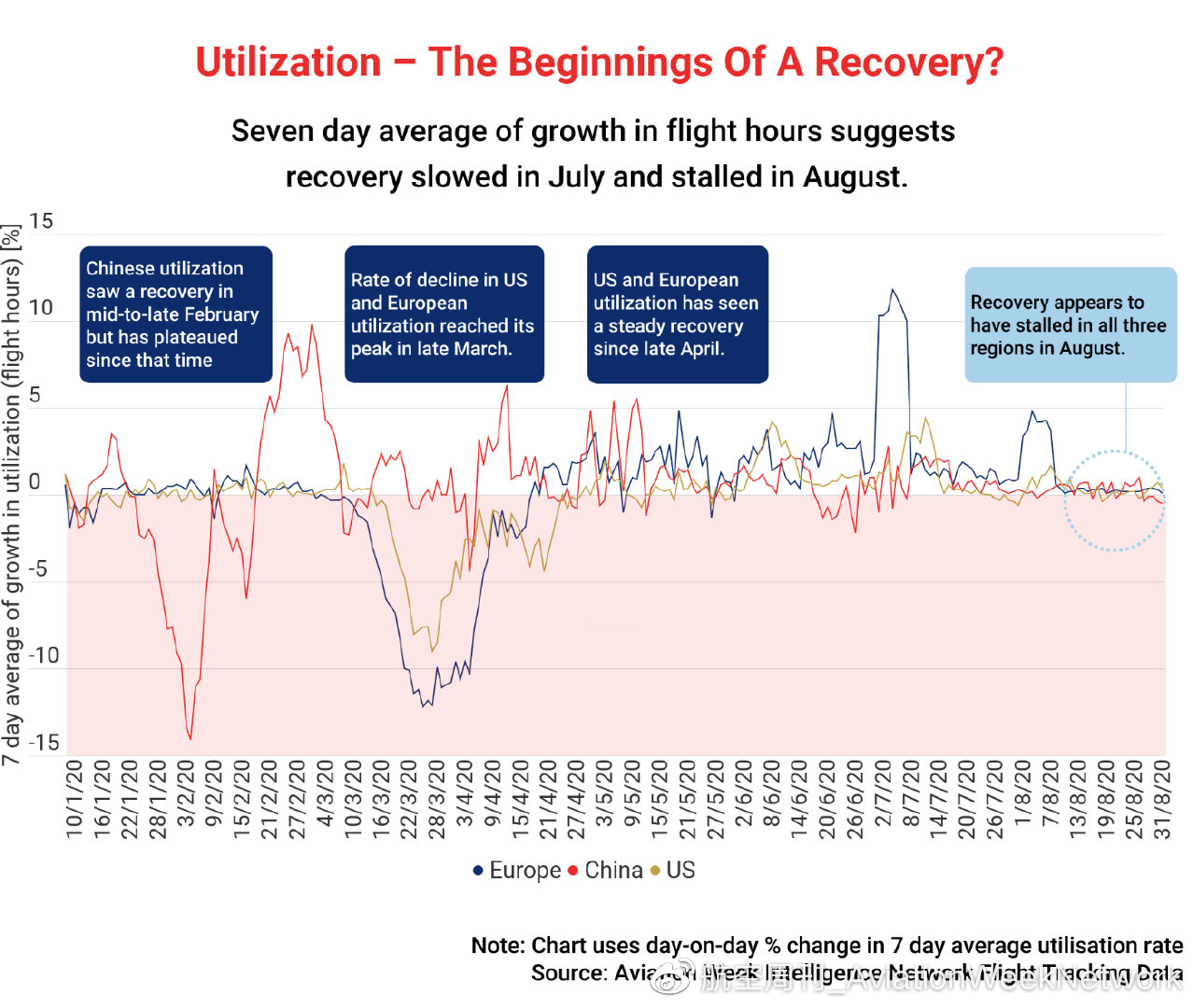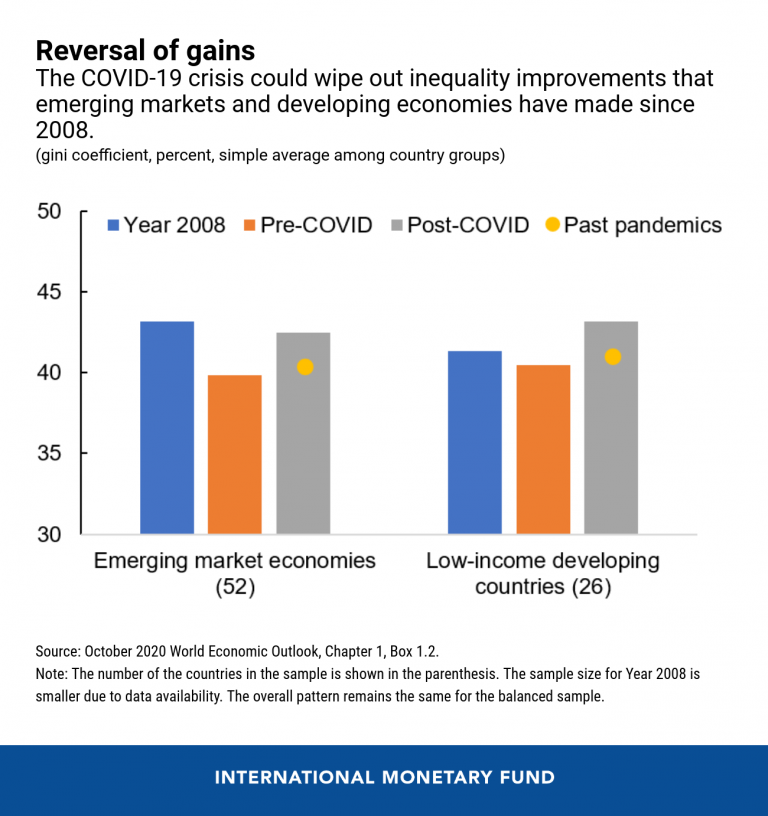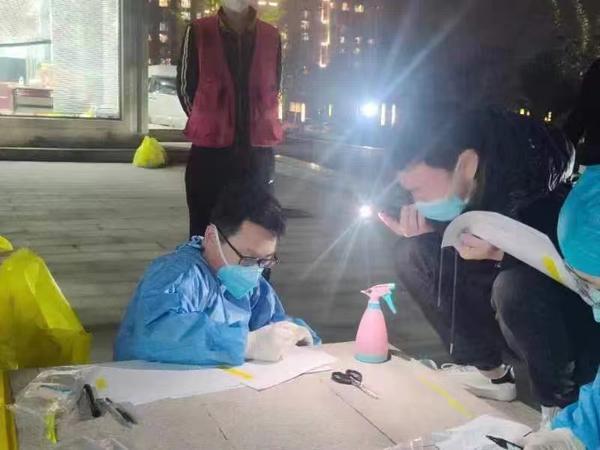In the early months of 2020, the world was plunged into a new era of uncertainty with the emergence of COVID-19, an infectious disease caused by the SARS-CoV-2 virus. This pandemic, unprecedented in its scale and speed of spread, has reshaped the global landscape in ways that will be felt for years to come. From its initial outbreak in China, COVID-19 swiftly became a global health crisis, disrupting daily life, economies, and social structures worldwide.
The initial response to the pandemic was characterized by a race against time as countries scrambled to contain the virus's spread through lockdown measures, testing, and tracing strategies. Governments implemented travel bans, closed schools and non-essential businesses, and encouraged social distancing to flatten the infection curve. These measures, while effective in slowing the initial surge, led to unprecedented levels of economic stagnation and societal upheaval.
The healthcare systems of many countries were pushed to their limits, highlighting pre-existing inequalities in access to healthcare. In developing nations, where healthcare infrastructure was already strained, the pandemic exacerbated existing issues, leading to a surge in deaths and a lack of resources for both patients and healthcare workers. The World Health Organization (WHO) played a pivotal role in coordinating the global response, advocating for transparency, scientific rigor, and solidarity among nations.
Economically, COVID-19 triggered a global recession unlike any seen in recent history. Businesses large and small were forced to shut their doors, leading to job losses on an unprecedented scale. The International Monetary Fund (IMF) estimated that the pandemic could cause a contraction in global economic output by 3% in 2020, with many countries experiencing even steeper declines. To mitigate the economic fallout, governments introduced massive stimulus packages, low-interest loans, and other measures to keep economies afloat and prevent a full-blown depression.
The impact on education was profound. Schools and universities were closed worldwide, forcing a rapid shift to online learning. While this innovation in education delivery showed resilience and adaptability, it also exposed digital divides, with many students lacking access to reliable internet or devices necessary for remote learning. The disruption to children's education threatened their future prospects and exacerbated existing inequalities.
The pandemic also had far-reaching implications for mental health. Isolation, uncertainty, and the constant threat of infection took a toll on individuals' well-being. Mental health services were overwhelmed, with reports of increased cases of anxiety, depression, and other related disorders. The importance of mental health support during this time was underscored, with governments and NGOs launching initiatives to provide resources and assistance.
The COVID-19 pandemic has also served as a wake-up call for global cooperation and solidarity. Despite initial hesitations and misinformation, the world eventually united in its fight against the virus. Vaccine development and distribution became a global effort, with countries sharing knowledge, technology, and doses to ensure equitable access. The COVID-19 vaccines represented a remarkable achievement in science and medicine, demonstrating the power of collaboration in the face of a common threat.
However, even as vaccines rolled out globally, new challenges emerged. The emergence of variants of concern (VOCs) posed a significant threat to public health, as they could evade immunity provided by vaccines or previous infections and spread more easily. This underscored the need for continued vigilance, vaccination efforts, and adherence to public health measures.
In conclusion, the COVID-19 pandemic has been a defining moment in modern history, reshaping our understanding of public health emergencies, economic resilience, and global cooperation. Its aftermath will be felt for years to come, necessitating a reevaluation of our social structures, healthcare systems, and economic models. As we navigate this new normal, it is crucial to learn from the past, prioritize prevention, invest in resilience-building measures, and foster a more inclusive and equitable world for all. The pandemic has taught us that in times of crisis, unity and innovation are our most powerful weapons.
转载请注明来自爬爬百科,本文标题:《COVID-19,全球健康与经济的全面影响分析》












 京ICP备11000001号
京ICP备11000001号
还没有评论,来说两句吧...